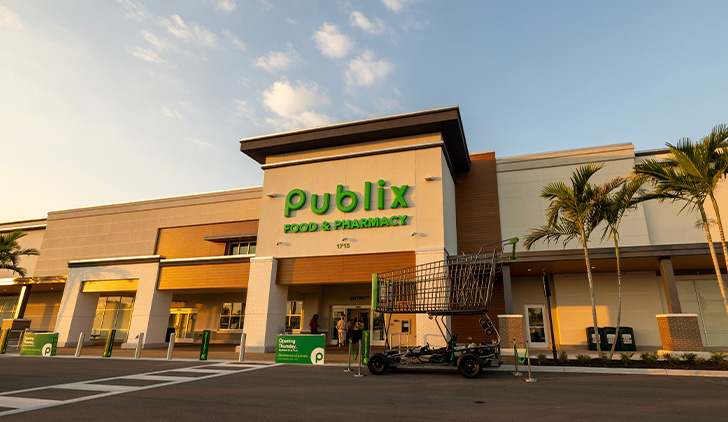
Last year, nearly half of Americans shopped online during the holidays, spending a collective $6.6 billion. But that’s not the surprising part. Here’s what is: 43% of consumers who had their identity stolen say it happened then.
As you look at online deals, it’s important to keep an eye out for scammers trying to take a bite out of your holiday cheer. Here are a few common scams to watch out for.
- Look-alike websites. You will probably see more emails announcing deals. But beware. Although these emails might look legitimate, the links may lead you to look-alike websites meant to gather your personal information or download malware onto your computer.
- Check senders’ email addresses. Legitimate businesses will use a proprietary address like @publix.com.
- Only enter sensitive information on websites that start with “https.” The “s” means it’s secure, and information entered is encrypted.
- Free gift cards. Did someone say free? Not so fast! By using phishing emails and pop-up ads, scammers hope to take your information through free gift card offerings.
- Don’t open the email unless you’re confident it’s legitimate.
- Don’t share any personal information to receive the card because scammers can use the information to steal your identity.
- Shipping notifications. With more and more gifts bought online, delivery notifications are expected. But watch out! Some of these notifications may be false but use a legitimate business name and logo to trick you into opening the email.
- Don’t pay any money to receive your package. You paid shipping when you made the purchase.
- Don’t give out any personal information to delivery services.
- Unusual forms of payments. Beware of sellers asking for payments that can’t be traced or reversed like wire transfers or prepaid debit or gift cards.
If you come across any of these scams during the holiday season, keep a close eye on your financial statements and file a complaint with the FBI’s Internet Crime Complaint Center through ic3.gov.


